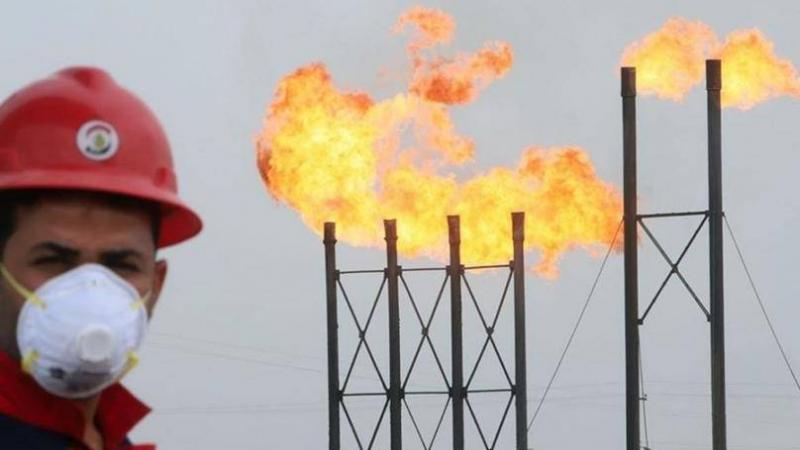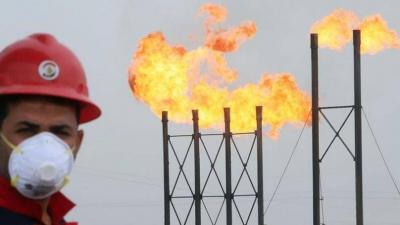We will not inquire about the phase following the written offer to be sent by the American mediator in the indirect negotiations for the demarcation of southern maritime borders between Lebanon and Israel, Amos Hochstein, at a time when we are preparing for a new political period in the country that allows little waiting on any front. Nor will we ask about the stage after the demarcation itself concerning oil and gas, a resource whose investment characteristics we will not define locally, given that it is a strategic commodity that ties or resolves international policies.
**"The Great Ruin"**
But what about the Lebanese economic and financial future, the phase following the signing of an agreement, and the future of a massive wealth of oil and gas in Lebanon, which many hope will pull the Lebanese state out of its economic and financial crisis, while this wealth could also lead to "the great ruin"? The oil-rich countries that have succeeded in obtaining a geopolitical regional and global position are those that have known how to invest in these resources, not merely because they own them. Therefore, it is necessary to investigate the political conditions and the political changes that need to occur in Lebanon before touching any point of that wealth, even now, in order to avoid the day when we hear that we have become indebted to a multiple of what we previously had, after receiving investments in oil and gas, spending what we managed to invest in this regard, while those revenues went to waste, due to theft, nepotism, political corruption, or costly and futile projects that begin without the ability to complete them according to sound planning.
**Governance**
Economic expert and member of the "Strong Republic" bloc, MP Razi Al-Hajj, clarified that "many oil-rich countries are poor and looted, rather than moving towards growth and prosperity, improving their economic situations and their rankings, and the income of their peoples." He emphasized in an interview with "Akhbar Al-Yawm" agency that "governance is fundamental for managing natural resources. In the absence of that governance, its reflection may become worse, especially in countries with high corruption indicators."
**Losses**
Al-Hajj pointed out that "even if we complete the demarcation and begin work on exploration in the blocks, in the absence of a sovereign fund capable of managing this wealth and being genuinely independent, with management far removed from the ease of spending without rules and relying on the notion that oil and gas revenues are huge, those revenues will go to waste, just as billions were previously spent without benefit. The public budgets over the last three decades show that the Lebanese state has spent more than $300 billion without projects and tangible results. This is unacceptable in any country."
He added: "There are no expectations from the oil wealth in Lebanon without a political authority that understands that this wealth belongs to future generations and that its revenues must be managed within a sovereign fund that enables us to make proper investments and increase the value of that money and wealth." He concluded: "Not utilizing oil wealth correctly will make it harmful rather than beneficial, leading us to financial losses."




